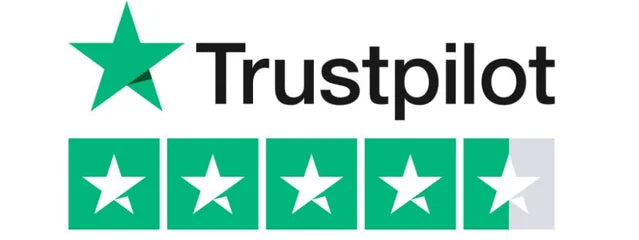The ways in which autonomous cars are likely to interact with the insurance industry is one of the hot topics of the day. It is expected that the autonomous (self-driving) car is going to become a standard within the next 10 to 15 years. By that point, they will begin to become a common site along the highways. Some people are naturally intrigued by the concept in a general sense. Others are considering the benefits of autonomous cars. For example, there is certainly something to be said for a mode of transportation that doesn’t have to worry about human error.
But what about the insurance companies? Will we see the giants thin out, and eventually become something of a rare breed? To be sure, the auto insurance world will have to make some adjustments. Technology frequently makes this demand of industry. Even so, what can we expect? Should the auto insurance industry be nervous?
These are some profoundly fascinating questions. The answers are likely to impress you, as well.
Autonomous Cars And The Future Of The Car Insurance Industry
By 2040, it is expected that autonomous cars will be able to operate on the highway with zero human intervention. These are vehicles that will have the ability to learn from their own mistakes, due to the concept of artificial intelligence. Eventually, the software that powers the car will be able to reduce the potential for an accident to something close to zero.
But it all presents an interesting insurance question: Who is ultimately going to be responsible? The owner of the vehicle? Remember that there isn’t going to be a driver. Will the manufacturer then be responsible? What about the designer of the software that helps the vehicle run? Some believe the manufacturer should be held responsible. Many also suspect that a no-fault auto insurance system is going to be created. Still others make the case that a no-fault compensation system is going to be created, in order to establish a clear path for naming the responsible party.
Less accidents could mean lower premiums, which could translate to diminished revenues for the insurance companies. This could hurt the industry, but it could also bring down costs and general expenses to a significant degree. Insurers could become more accurate in their budgeting, since software will be more predictable than people. Companies may also create separate packages for the vehicle, and then separate packages for the drivers.
Nonetheless, the insurance companies are working to plan.
Here is a video showing how autonomous cars have made significant progress in the last decade:











